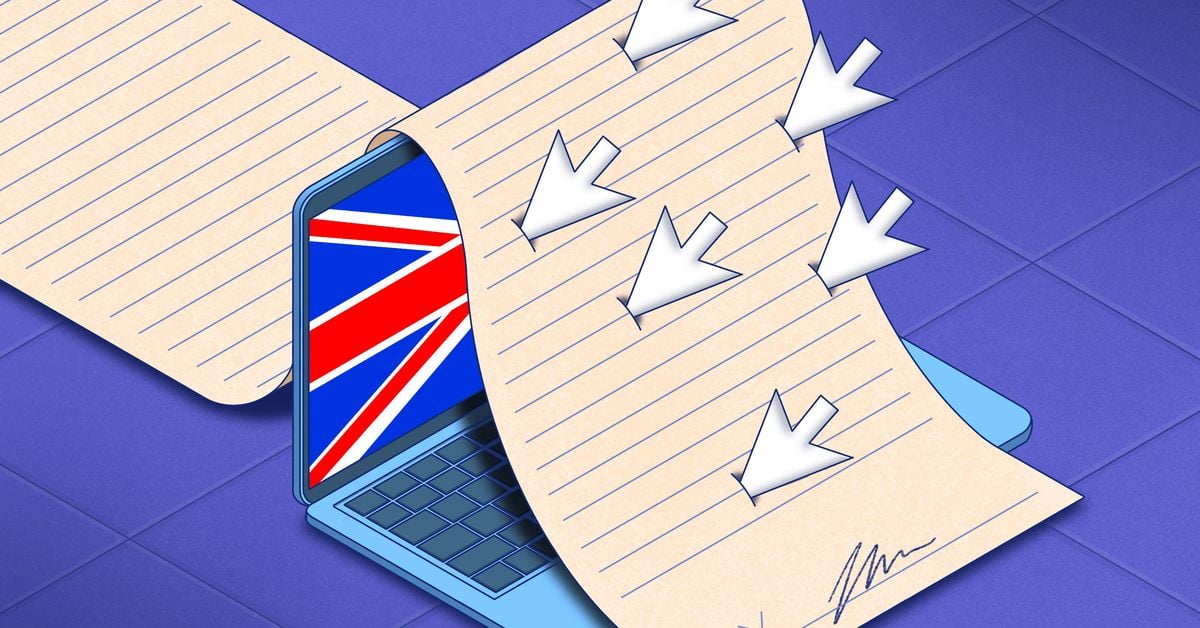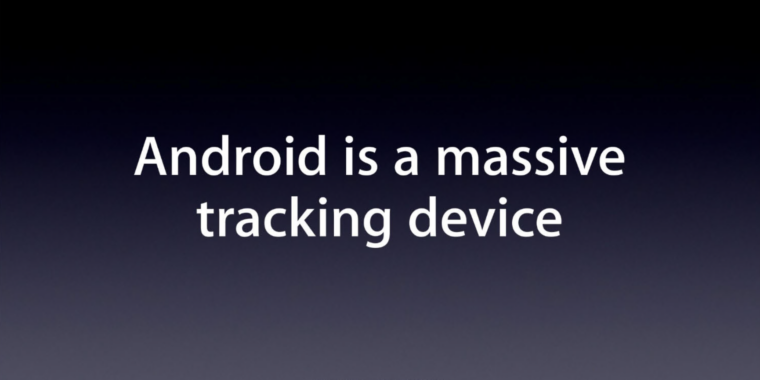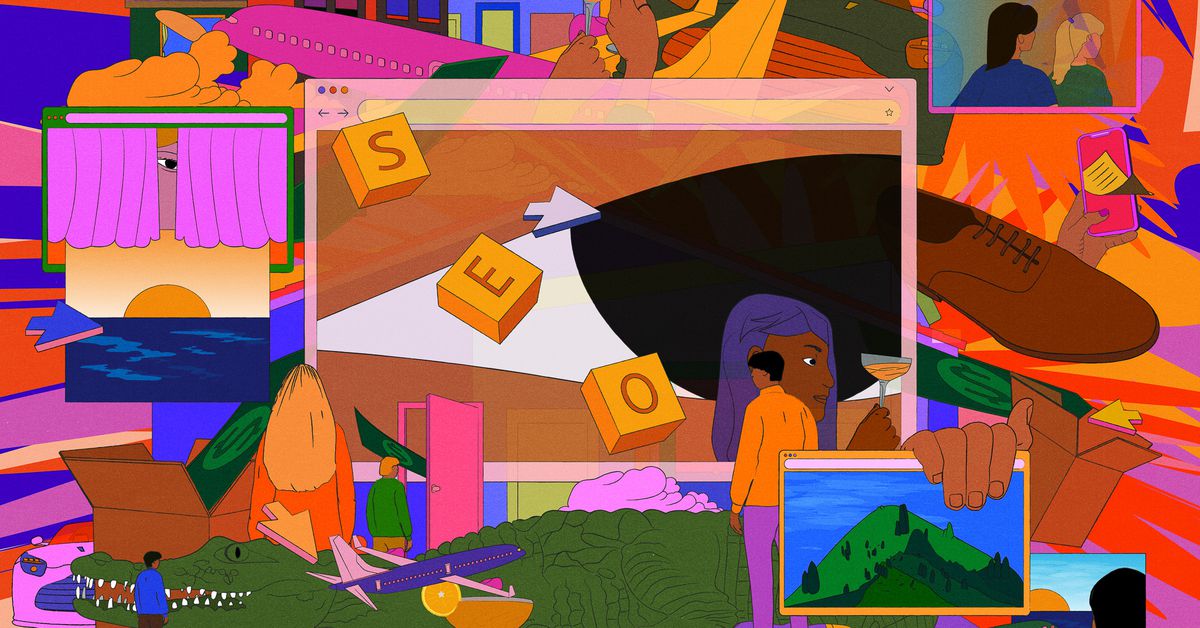These Mavicas could become popular again now as retro tech. There’s a lo-fi aesthetic growing in photo and video that’s all about compression artefacts and old image sensors. Physical media and its inconveniences is also having a moment as a novelty and maybe even a broader movement.
- 27 Posts
- 134 Comments
What kind of person leaves the crust? Pizza ain’t pizza without the crust.
There are 4 bay units that would fit on a 10” inch shelf. I’ve seen some DIY projects too.
Using SFF/mini PCs is also popular, there are models that can take multiple SATA/NVMe drives
There are few if any 10” UPS units available anyway so weight is less of a worry. It’s one of the biggest weaknesses of the 10” system currently.

 163·3 months ago
163·3 months agoIn the general population it does. Most people are not using an academic definition of AI, they are using a definition formed from popular science fiction.

 49·3 months ago
49·3 months agoThe platform owners don’t consider engagement to me be participation in meaningful discourse. Engagement to them just means staying on the platform while seeing ads.
If bots keep people doing that those platforms will keep letting them in.

 6·6 months ago
6·6 months agoThey were still making MiniDiscs and MiniDV tapes? That seems more of a surprise than the Blu-ray discontinuation.

 1·6 months ago
1·6 months agoI’m also using iOS in the UK. I just tried searching for Pixelfed in the App Store and the ad was for some sort of golf tutoring app.
The top search result was the Pixelfed app and the others all other Fediverse apps.

 14·6 months ago
14·6 months agoTesticular torsion is no joke. If they get tangled even the manliest of men can be in for a very rough time.

 7·6 months ago
7·6 months agoThe N-Gage had a bunch of bizarre design decisions.
The game cartridge slot was behind the battery - swapping games required disassembling the phone.
The revised QD version fixed a lot of the mistakes but it was too little too late by then.

 111·6 months ago
111·6 months agoThrowing money at AI seems a big gamble for productivity.
I’d rather see the UK invest in its human workers instead, with better education and training. IT skills for example as still lacking in the country. PCs have now existed for 30+ years yet so many still struggle with task like making simple spreadsheets.
If there is going be insistence on platforms being open there shouldn’t be these distinctions.
All of these devices are capable of general purpose computing at a hardware level, phones, tablets, PCs, headsets are now very similar and generalised in that regard. I don’t see why a phone platform should be forced to be open while a games console gets to remain closed, when there is now only a hair’s breadth separating an Xbox from a Windows PC.
Considering the latest changes at Meta, it seems their latest innovation is to transform social media into antisocial media.

 45·6 months ago
45·6 months agoUSB-C has been a blessing and curse. One port that does everything, except when it doesn’t. Even charging is now complicated by the “guess the cable that supports the right PD type” game.
Not that the old days were much better. I don’t miss faffing around with the myriad of serial and parallel port modes and settings.

 16·6 months ago
16·6 months agoTake the AI crap out and give it an open display API and it would be a fun desk toy.
A rotating phone screen in a cylinder creating a hologram-like effect to display notifications/metrics/whatever else.

 14·6 months ago
14·6 months agoSo the plaintiff’s are claiming Siri was recording them without consent, and that Apple were sharing those recordings with third parties including advertisers.
Apple claims they were sometimes wrongly keeping recordings for internal quality control/analytics but hasn’t admitted to sharing them, and have agreed to the $95m settlement.
The sharing with third parties is the most egregious part here, but it doesn’t seem to be addressed any further.

 16·7 months ago
16·7 months agoConsidering the doomsday bunker fad that’s popular in techbro and executive circles currently, such honesty might not count against you.

 3·7 months ago
3·7 months agoFor TVs now, by buying used. Help yourself and the environment by buying an unwanted “dumb” TV that’s free of this sort of crap.
Or if budget allows, look at industrial displays.
Supply answers demand, is we stop buying junk smart stuff and take our money elsewhere the market will eventually follow.

 10·7 months ago
10·7 months agoA while ago a company patented a method using eye tracking to monitor whether TV watchers were paying attention to ads.
It can always get worse.























I would also recommend openSUSE Tumbleweed. I’m usually a Debian/Debian-based person but I’ve been running Tumbleweed on my desktop for a few years now and it’s been great.
It has a few peculiarities like any distro but it’s been very stable, with few issues even with things like Nvidia drivers. Docs and community seem good too.